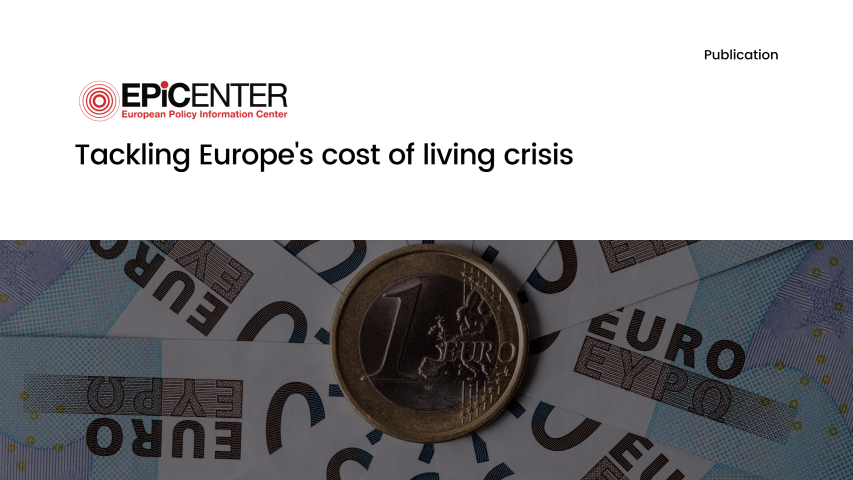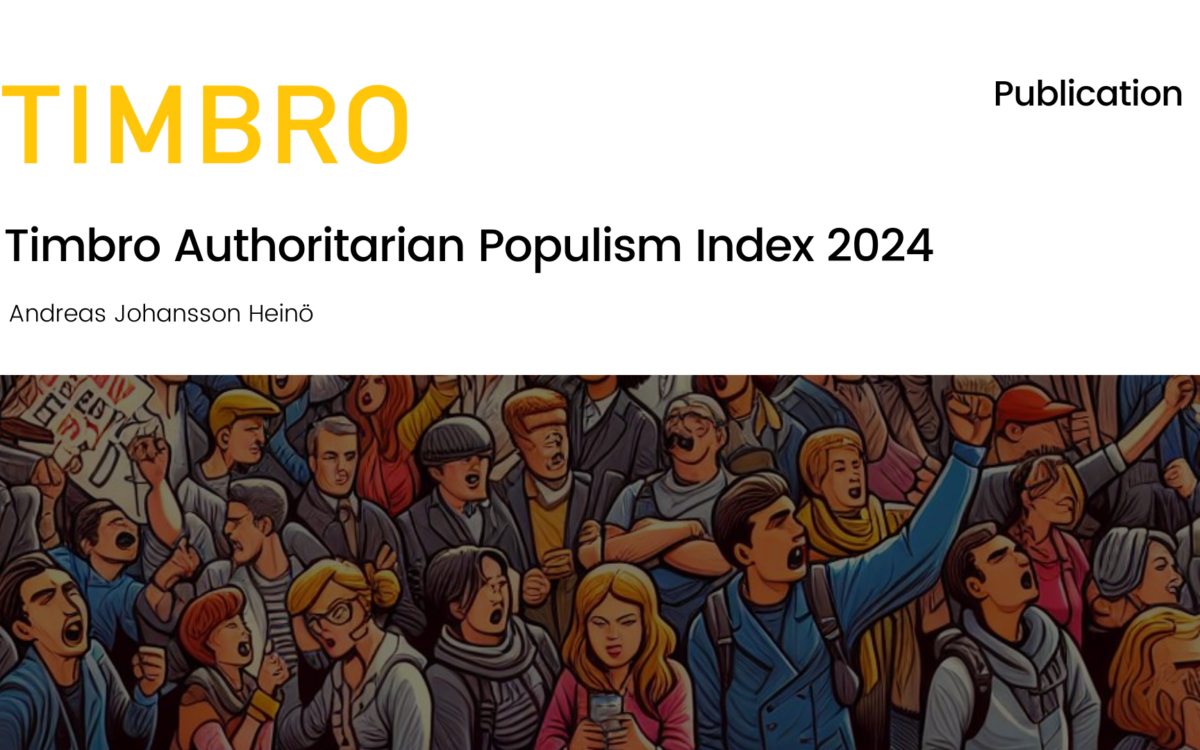Tackling Europe’s Cost Of Living Crisis

Tackling Europe’s Cost Of Living Crisis
1 February 2023
This paper analyses how excessive taxation and regulations are worsening inflationary pressures in eight European countries. As a result of heavy state intervention, European citizens are facing increased living costs, which have already been exacerbated by the war in Ukraine and loose monetary policy. Among others, substantial costs have been imposed on consumers and businesses in the energy, housing, lifestyle, telecommunication, and pharmaceutical sectors. Some interventions may be justified, but in many cases the benefits are either trivial or highly speculative.
The cost-of-living crisis affects lower-income households the most because a greater portion of their income is spent on everyday products. This paper highlights the savings that European consumers could gain if governments decided to implement liberalising regulatory and tax reforms which would alleviate the inflationary pressure on Europeans.
Sectors that have maintained a strong level of competition have succeeded in lowering real costs amidst the cost-of-living crisis. Unproductive sectors should replicate these successful regulatory environments to alleviate inflationary pressures.
The housing, transportation, energy, and lifestyle sectors are particularly burdened by high taxes and government interventions. Encouraging competition and reducing taxes in these areas would provide immediate assistance to tens of millions of struggling households across the EU.
Energy costs make up a large and increasing proportion of household expenditure across Europe. Germans, and Europeans more broadly, are facing higher energy prices as a result of the mandated shutdown of nuclear plants. To relieve households struggling to afford other expenses after settling energy bills, governments should explore ways to reduce indirect taxation and ease the regulations imposed on suppliers.
In housing, bold land-use reforms and an overhaul of the planning permission process are needed. Faster permit processing, coupled with increasing the availability of land for development, would enable and incentivise developers to boost housing supply in areas with high demand. Increased supply will drive down costs, which will particularly benefit low-income renters.
Lower transportation costs are another key area that present potential for liberalising reforms. For example, Italians are paying more for transport, particularly long-distance rail, due to a lack of competition as 80% of transport companies are publicly owned or controlled in Italy. Governments should focus on eliminating market distortions that stifle innovation, productivity, and competition between different forms of transportation as well as between service providers.
Indirect taxes in the lifestyle sector increase shelf prices and worsen the distribution of wealth. These sin taxes are charged in addition to VAT, thus leading to high consumer prices, where the products’ original prices are often less than the taxes charged on them. For example, alcohol taxes in Romania can reach 56% of the shelf price. In effect, these taxes, which are regressive in nature, disproportionately affect low-income earners by unnecessarily raising daily spending.
Download or share this publication
View the PDF
EPICENTER publications and contributions from our member think tanks are designed to promote the discussion of economic issues and the role of markets in solving economic and social problems. As with all EPICENTER publications, the views expressed here are those of the author and not EPICENTER or its member think tanks (which have no corporate view).



